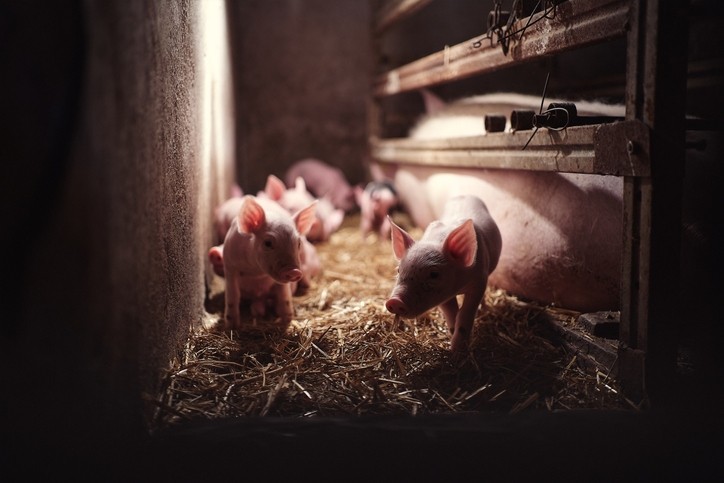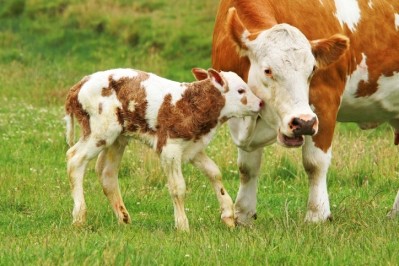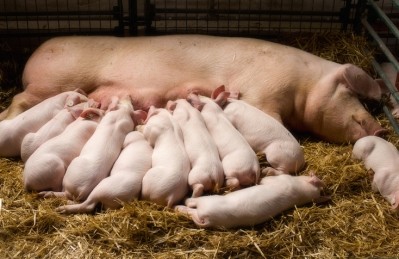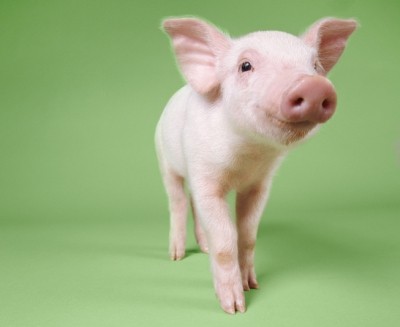Investigating how maternal nutrition can impact offspring

Associate professor of animal science at the College of Agriculture, Health and Natural Resources, Kristen Govoni, has received a US$25K grant via that university’s Research Excellence Program (REP) to investigate the effects of maternal nutrition on offspring health.
The REP provides seed funding to fuel innovative research, scholarship, and creative projects.
“We know that poor nutrition during gestation causes reduced growth, increased fat deposition, and metabolic dysregulation in offspring. This REP award will allow us to further explore the mechanisms that contribute to programming in the fetus and with the long-term goal of identifying methods of early intervention to prevent and/or decreased metabolic disease later in life,” said Govoni.
She will be using sheep as a model for the study.
Fetal programming
Challenges for a mother during pregnancy can positively or negatively contribute to fetal programming, which leads to changes that can alter later development of the offspring, said the researcher.
There is recent evidence that suggests such effects can extend to subsequent generations as well, even if the nutrition is normal for the first generation of offspring.
In conjunction with the lab of Sarah Reed, associate professor in the Department of Animal Science, Govoni is also evaluating the effects of maternal dietary changes on offspring muscle growth, oxidative stress, and inflammation. That research is funded by the US Department of Agriculture (USDA).
Combined, she said, the two studies should paint a complete picture of the impacts of both over- and under-feeding during pregnancy on subsequent offspring growth and metabolism.















